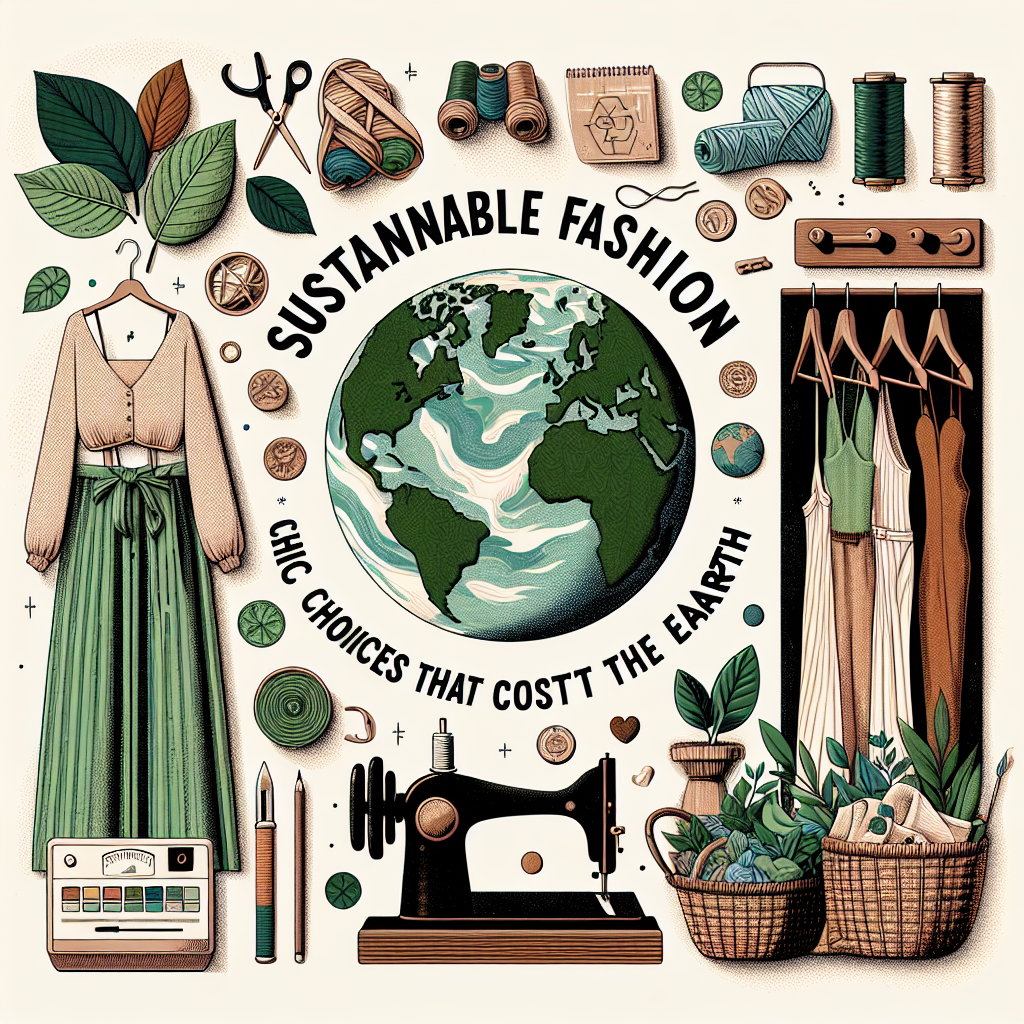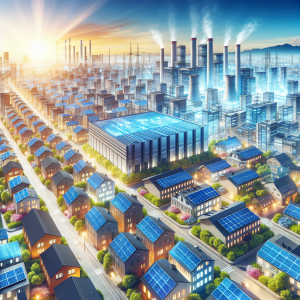Living off the grid, defined as a lifestyle choice to disconnect from public utilities and often society’s dependency systems, has gained popularity amid growing concerns about environmental sustainability, self-sufficiency, and increasing utility costs. This lifestyle inherently comes with a set of pros and cons that potential off-gridders should carefully consider before making the transition. Here, we delve into these advantages and disadvantages, offering a balanced perspective for any aspiring off-grid enthusiast.
Pros of Living Off the Grid
- Environmental Sustainability
One of the most compelling benefits of living off the grid is the potential for reduced environmental impact. Off-grid living often involves relying on renewable energy sources like solar, wind, and hydro power. By harnessing these natural resources, residents can significantly decrease their carbon footprint. Additionally, off-grid living promotes sustainable practices such as composting, rainwater harvesting, and utilizing gray water systems—fostering a more harmonious relationship with nature. - Energy Independence
For many, the appeal of living off the grid is rooted in energy independence. Being off the grid means freedom from fluctuating utility bills and energy outages. With an efficient setup, such as a solar panel array and battery storage system, off-grid homes can reliably generate and store their own power. This independence often translates into long-term financial savings and fewer concerns about rising energy costs and external energy-related disruptions. - Self-Sufficiency and Skill Development
Living off the grid encourages self-reliance and the acquisition of a variety of practical skills. From gardening and animal husbandry to solar system maintenance and water purification, off-grid living offers numerous opportunities to learn and grow. This lifestyle fosters a sense of accomplishment and resilience, as individuals become proficient in managing and sustaining their own resources without external assistance. - Privacy and Freedom
Off-the-grid living often entails residing in remote locations, providing the advantage of privacy and freedom that is hard to find in densely populated urban settings. This seclusion provides a sanctuary away from the hustle and noise of city life, allowing individuals to lead a more tranquil, less stressful existence. The freedom associated with off-grid living also empowers individuals to customize their habitats as they see fit without stringent regulations.
Cons of Living Off the Grid
- Initial Costs
While living off the grid can lead to savings in the long run, the initial costs can be prohibitive. Setting up a reliable off-grid system requires substantial investment in renewable energy installations, high-capacity battery storage, water collection, and purification systems, as well as off-grid appliances. This upfront financial burden can be a significant barrier for many people considering this lifestyle change. - Maintenance and Technical Knowledge
Maintaining an off-grid lifestyle demands ongoing upkeep and technical knowledge. Solar panels need regular cleaning and possibly repairs; batteries must be managed carefully to extend their lifespan; water systems require routine inspection to ensure cleanliness and safety. This continual maintenance necessitates a solid understanding of the systems in place, often requiring a steep learning curve. - Limited Access to Modern Conveniences
Living off the grid often means sacrificing some modern conveniences. High-speed internet, cable television, and reliable cell phone service might not be available, depending on the location. Furthermore, access to healthcare, grocery stores, and social opportunities can be limited by the remote nature of off-grid living, leading to potential isolation and inconvenience. - Weather Dependency
Many off-grid systems are vulnerable to weather conditions. Solar energy production, for example, is contingent on sunlight availability, which can be inconsistent in regions with long, cloudy winters. Similarly, water collection systems may struggle during dry spells. This dependency on weather necessitates adaptive strategies, such as implementing backup systems or reducing resource consumption, which can be challenging and require forward-thinking. - Legal and Regulatory Challenges
Navigating the legal ramifications of going off-grid can be complex. Zoning laws, building codes, and regulations concerning land use can vary significantly depending on the location. Some areas may impose restrictions on alternative energy systems, waste disposal methods, and water usage. It is essential for anyone serious about moving off the grid to thoroughly research and understand the legal landscape to avoid potential fines or legal issues. - Social Isolation
While seclusion can be a pro for some, it can also lead to social isolation. Living in remote areas can mean fewer opportunities to interact with others, which might lead to loneliness over time. Establishing and maintaining a social network can be challenging but is crucial for emotional well-being.
In evaluating the pros and cons of living off the grid, it’s clear that this lifestyle choice requires a thoughtful assessment of personal priorities and resources. While the potential benefits are significant, preparation, adaptability, and a willingness to learn are necessary to overcome the various challenges associated with off-grid living. Those who embark on this path often find it rewarding, enjoying a deeper connection with the natural world and a greater sense of personal empowerment.




